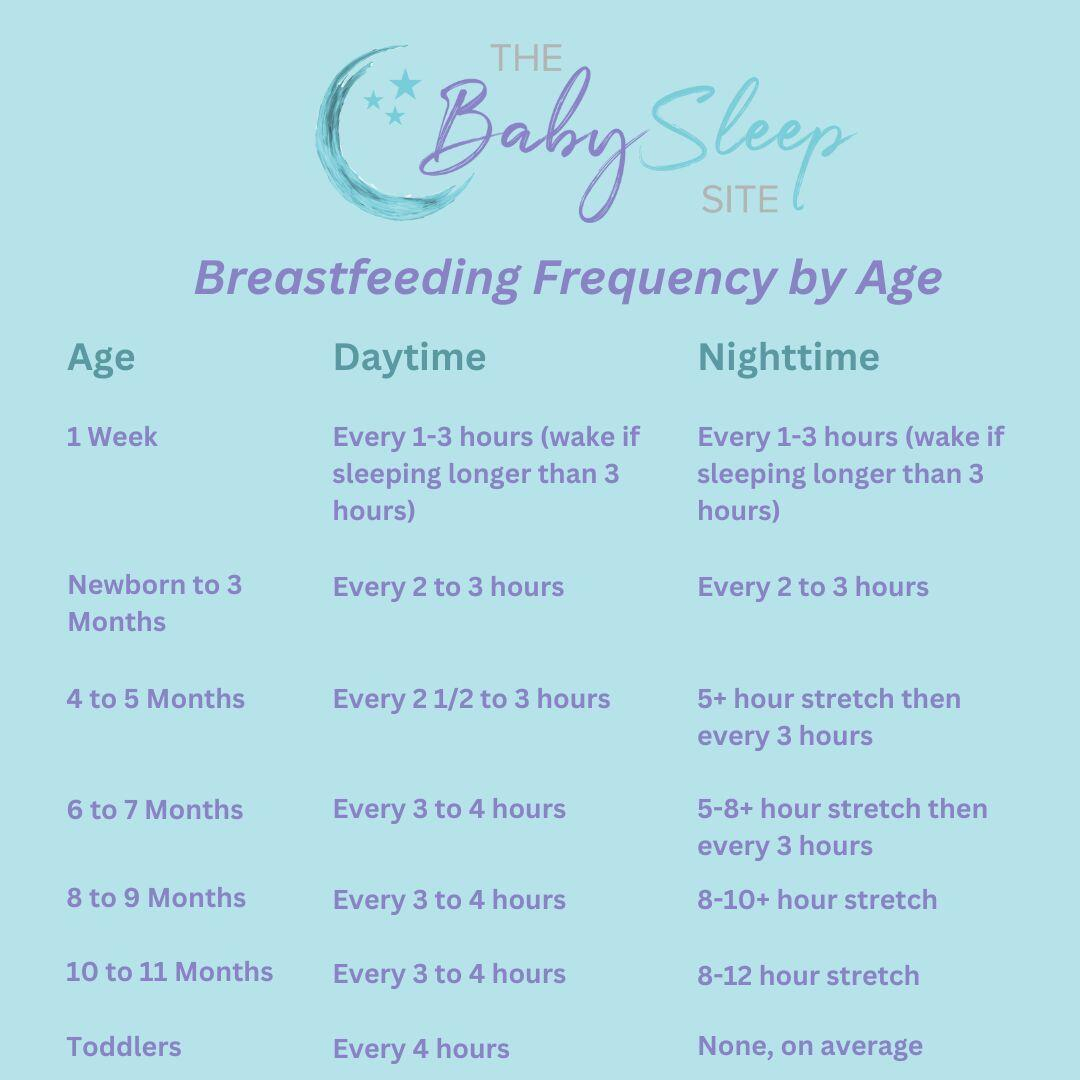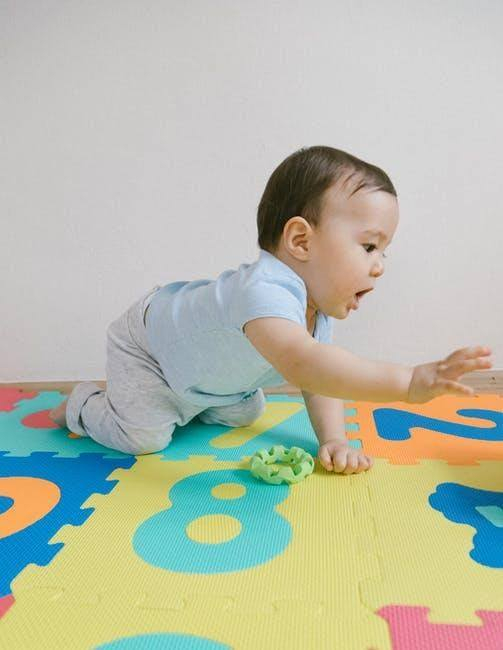How Long Should My Baby Nurse
As a parent, one of the most common questions that arise when it comes to breastfeeding is how long should my baby nurse. Understanding the appropriate duration of nursing sessions is crucial for your baby’s growth and development. In this article, we will delve into the details of breastfeeding duration, the factors that can influence it, and how to ensure your baby is getting the right amount of milk.
Knowledge
It’s essential to recognize that every baby is unique, and their nursing needs can vary. Newborn babies typically nurse more frequently due to their small stomach capacity and rapid growth rate. In general, newborns may nurse for about 10 to 20 minutes on each breast during a feeding session. As your baby grows, they may nurse for longer periods but less frequently.
One way to determine if your baby is nursing long enough is by observing their hunger and fullness cues. Signs that your baby is hungry include rooting, sucking on hands, and making sucking motions. On the other hand, indications of fullness include turning away from the breast, falling asleep, or appearing relaxed after nursing.
During growth spurts, your baby may nurse more frequently and for longer durations. This is known as cluster feeding and is a normal part of your baby’s development. By allowing your baby to nurse on demand during these periods, you can ensure they are getting enough milk to support their growth.
It’s important to ensure that your baby is effectively emptying your breast during nursing sessions to maintain a healthy milk supply. A baby who nurses for a shorter duration may need to nurse more frequently to ensure adequate milk removal. Pay attention to your baby’s swallowing patterns and breast compression to gauge milk transfer.
Conclusion
When it comes to determining how long your baby should nurse, it’s essential to prioritize your baby’s needs and cues. By observing your baby’s hunger and fullness signals, understanding growth spurts, and ensuring effective milk removal, you can support your baby’s breastfeeding journey. This article is beneficial for new parents who are navigating the world of breastfeeding and want to ensure they are meeting their baby’s nursing needs.
In conclusion, the key strengths of this article lie in its comprehensive coverage of breastfeeding duration, practical tips for parents, and emphasis on responsive feeding. The target audience includes new parents, caregivers, and anyone interested in learning more about breastfeeding. By providing detailed information and guidance, this article aims to empower parents and support them in their breastfeeding journey.
Ultimately, understanding how long your baby should nurse is crucial for promoting optimal growth, bonding, and milk supply. By tuning into your baby’s needs, being responsive to their cues, and seeking support when needed, you can navigate the world of breastfeeding with confidence and ease. Remember, every baby is different, so trust your instincts and enjoy the special bonding moments that breastfeeding brings.






